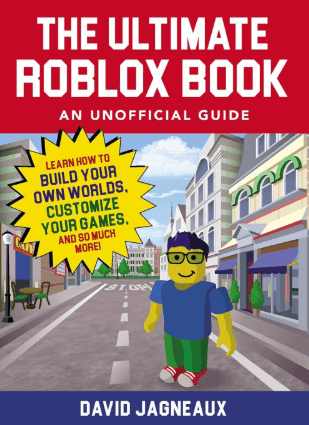Artificial Intelligence has fundamentally reshaped PC gaming in 2025. No longer just a background tool for enemy pathfinding, AI now drives dynamic storytelling, personalized difficulty, procedural content generation, and even game development assistance.
🤖 AI as In-Game Characters
Games now feature AI-driven NPCs that feel truly alive. These characters can:
- Remember your past choices
- Adapt their speech dynamically to your playstyle
- Shift loyalty, strategies, and behavior in open-world games
In Crimson Spiral, an AI detective NPC learns from your clues and adjusts its suspicions accordingly—creating an experience that feels tailor-written for each player.
🌍 Procedural Worlds That Learn
World generation now uses machine learning to:
- Adapt level design based on player behavior
- Create infinite but meaningful exploration
- Adjust terrain, biomes, and resource placement organically
TerraSoul, for example, offers a planet that evolves every in-game season based on how you’ve shaped the environment.
🎮 Personalized Difficulty and Coaching
Games in 2025 offer AI-based coaching modes, analyzing:
- Aim accuracy
- Decision-making patterns
- Tactical behavior and reflex time
They provide non-intrusive tips or training simulations, especially in competitive titles like Valorant or Overwatch Reclaim. The goal? Help players get better without ruining immersion.
🛠️ AI for Game Developers
Game studios (and even solo devs) are using AI to:
- Generate side quests and dialogue trees
- Build realistic facial animations from text
- Translate games into dozens of languages instantly
- Balance in-game economies with player telemetry
Tools like Unity Muse, Unreal MetaSynth, and ModBot Studio empower indie devs to make complex worlds with less overhead.
🗣️ Conversational NPCs
Using large language models, some games now have:
- Open-ended dialogue
- Voice-generated NPCs responding to your mic input
- Branching, un-scripted narratives
You can now “talk” to a village elder or a corrupted AI in your own words, and they’ll respond accordingly. This brings RPG immersion to entirely new levels.
⚖️ Ethical Concerns and Boundaries
AI in gaming also raises important issues:
- Deepfake content and realism vs. deception
- Bias in AI-generated storytelling
- Player manipulation through behavioral prediction
Developers are now asked to include AI transparency disclosures, and many indie studios proudly advertise human-authored narratives as a creative choice.
🎯 Bottom Line
AI in 2025 isn’t just behind the curtain—it’s a key player in the experience. From worldbuilding to personalization to storytelling, it’s helping games become more responsive, immersive, and intelligent—while sparking new conversations about creativity and control.




